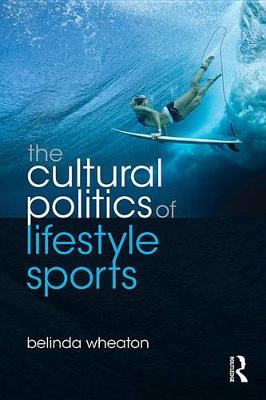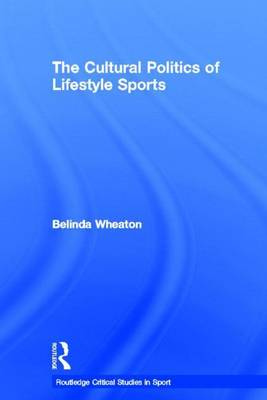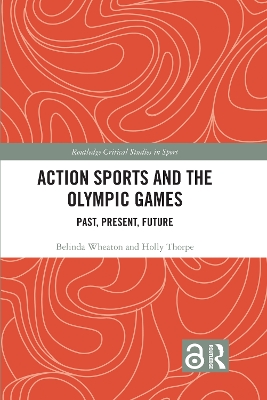Routledge Critical Studies in Sport
3 total works
This important new study examines the changing place and meaning of lifestyle sports – parkour, surfing, skateboarding, kite-surfing and others – and asks whether they continue to pose a challenge to the dominant meanings and experience of ‘sport’ and physical culture.
Drawing on a series of in-depth, empirical case-studies, the book offers a re-evaluation of theoretical frameworks with which lifestyle sports have been understood, and focuses on aspects of their cultural politics that have received little attention, particularly the racialization of lifestyle sporting spaces. Centrally, it re-assess the political potential of lifestyle sports, considering if lifestyle sports cultures present alternative identities and spaces that challenge the dominant ideologies of sport, and the broader politics of identity, in the 21st century.
It explores a range of key contemporary themes in lifestyle sport, including:
- identity and the politics of difference
- commercialization and globalization
- sportscapes, media discourse and lived reality
- risk and responsibility
- governance and regulation
- the racialization of lifestyle sports spaces
- lifestyle sports outside of the Global North
- the use of lifestyle sport to engage non-privileged youth
Casting new light on the significance of sport and sporting subcultures within contemporary society, this book is essential reading for students or researcher working in the sociology of sport, leisure studies or cultural studies.
Based on a decade of research by two leading action sports scholars, this book maps the relationship between action sports and the Olympic Movement, from the inclusion of the first action sports to those featuring for the first time in the Tokyo Olympic Games and beyond.
In an effort to remain relevant to younger audiences, four new action sports, surfing, skateboarding, sport climbing, and BMX freestyle were included in the Tokyo Olympic program. Drawing upon interviews with Olympic insiders, as well as leaders, athletes, and participants in these action sports communities, the book details the impacts on the action sports industry and cultures, and offers national comparisons to show the uneven effects resulting from Olympic inclusion. It reveals the intricate workings of power and politics in contemporary sports organisations, and maps key trends in this changing sporting landscape.
Action Sports and the Olympic Games is a fascinating read for anybody studying the Olympics, the sociology of sport, action sports, or sport policy.


